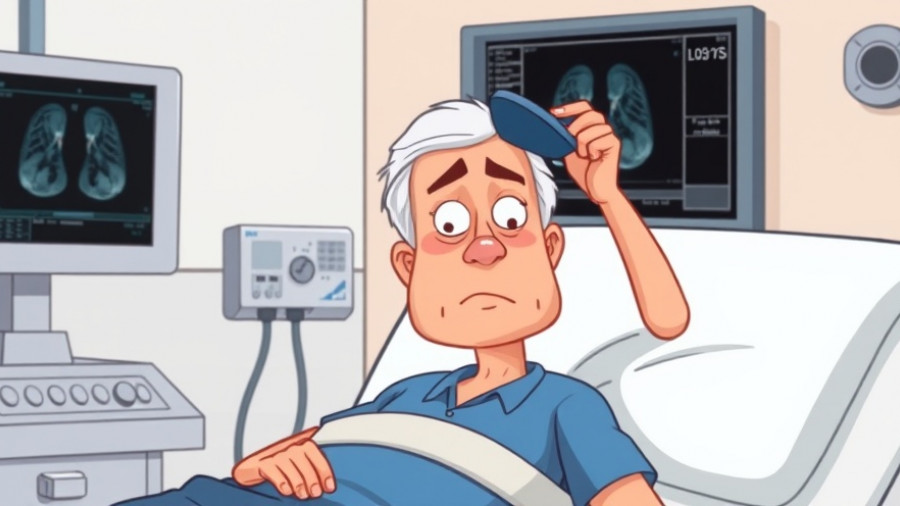
Understanding the Financial Landscape of PBMs
Pharmacy Benefit Managers (PBMs) play a crucial role in the healthcare system by managing prescription drug benefits on behalf of health insurers and employers. Understanding how these entities generate revenue and navigate the complex world of pharmaceuticals can be essential for parents concerned about their family's health expenses.
The Role of PBMs in Prescription Drug Pricing
PBMs engage in negotiation with pharmaceutical companies to secure lower drug prices, which they then present to health plan members. While this is ostensibly beneficial, the intricacies of their pricing structures can often confuse the public. It's important for parents to grasp how PBMs affect the cost of medications that may be crucial for their children’s health, especially those dealing with chronic conditions requiring medication.
Intersection with Substance Abuse Treatment
A significant aspect often overlooked is the relationship between PBMs and addiction treatment services. Health insurance plans, through PBMs, can determine routes to treatment, therapy, and medications necessary for recovery from substance abuse. Understanding this connection can provide parents critical insights into available resources for their children, particularly related to addiction recovery.
Long-term Implications of PBM Practices
Revenue models employed by PBMs raise questions about accessibility and affordability of necessary medications, including those used in addiction treatment programs. Parents should remain informed about how these financial practices might affect the availability and cost of crucial treatments for substance abuse, ensuring their children have access to appropriate care.
Making Informed Choices for Family Wellness
Parents can take proactive steps by understanding their insurance options and PBM affiliations. Being knowledgeable empowers families to ask the right questions when it comes to their healthcare choices. This includes inquiries about coverage for addiction treatment programs and if the medications needed for treatment are reliably covered.
Community Support and Resources
Access to care is vital for families coping with addiction challenges. Local community resources, support groups like Alcoholics Anonymous and Narcotics Anonymous, can provide valuable assistance. Families should familiarize themselves with these resources to support their loved ones through difficult times.
Taking Action: Understanding Addiction Treatment Options
In a landscape dominated by PBMs, it’s essential to understand the different pathways to recovery available such as outpatient treatment and inpatient rehab facilities. Knowledge about the spectrum of addiction therapies, from behavioral therapy to Medication-assisted treatment, can make a significant difference in recovery outcomes.
For parents navigating the challenges of addiction within their families, seeking information on the best caring and recovery resources is essential. Consider reaching out to local addiction recovery centers or support groups. These services can provide crucial insights into managing substance abuse recovery effectively.
Finally, education is key. By exploring resources on addiction prevention, recovery support services, and treatment options—including holistic approaches and family therapy—parents can build a supportive environment for their loved ones. The landscape of addiction treatment is challenging; however, understanding the interconnected roles of PBMs and available recovery resources can empower families to make informed, supportive decisions.
 Add Row
Add Row  Add
Add 




Write A Comment